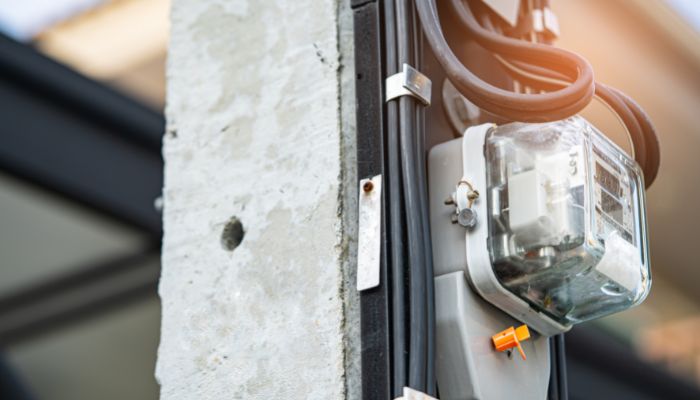
New homes in Australia are expected to be more liveable, accessible, and energy efficient with the new reforms on the National Construction Code (NCC).
Building ministers from the federal, state, and territory levels have agreed on implementing changes to the code that will include livable housing provisions, new residential efficiency standards, and condensation migration measures.
Here are some of the key changes that were discussed during the August 2022 meeting of the building ministers:
- New houses and apartments must meet a minimum energy efficiency standard of seven stars (up from six stars).
- An annual energy use budget is introduced.
- Provisions will be implemented to ensure homes are more accessible for older Australians and those living with disabilities.
- The new energy-efficiency provisions will make it easier for people living in apartments to switch to electric vehicles.
More energy efficient homes
The new energy-efficiency standards will become mandatory in October 2023.
For most homes, achieving a seven-star rating may require elements including the following:
- Better insulation
- Higher quality glazing
- Smarter floor plans
Industry Minister Ed Husic said these changes to energy-efficiency standards will ultimately benefit homeowners, lowering energy bills and making their homes more comfortable all year-round.
“The agreement to make new homes more energy efficient will mean Australians have lower energy bills and be more comfortable year-round,” he said.
Meanwhile, meeting the annual energy use would require consideration of the efficiency of appliances used in new homes and roof top solar and batteries.
Mr Husic said while this would be different across houses due to climate, construction materials, and orientation, these changes would still improve amenity and reduce energy bills in new homes.
“This improvement will also help Australia with the transition to net-zero emissions by 2050 by reducing energy use in our new homes,” he said.
EV-friendly homes
Making new homes more energy efficient will help facilitate the transition to electric vehicles (EVs) in new buildings.
Energy-efficiency provisions will make it easier for Australians living in apartments to switch to an EV by providing base infrastructure for future cabling and control point installation at the time of construction.
Mr Husic said the ministers tapped the Australian Building Codes Board (ABCB) to work with relevant agencies to help guarantee that all future buildings are ready to support the energy transition by making EV charging easy and safe.
Ensuring the accessibility of new homes
Mr Husic said the reforms will also include changes that will make new homes more accessible for older Australians and those living with disabilities.
“We are helping Australians live in new homes that are more comfortable, more sustainable, and more supportive for people with mobility constraints,” he said.
“The Liveable Housing provisions will see at least one point of step-free access to the home, slightly wider doorways, and better access to facilities inside the house.”
—
Photo by Sasirin Pamai's Images on Canva.